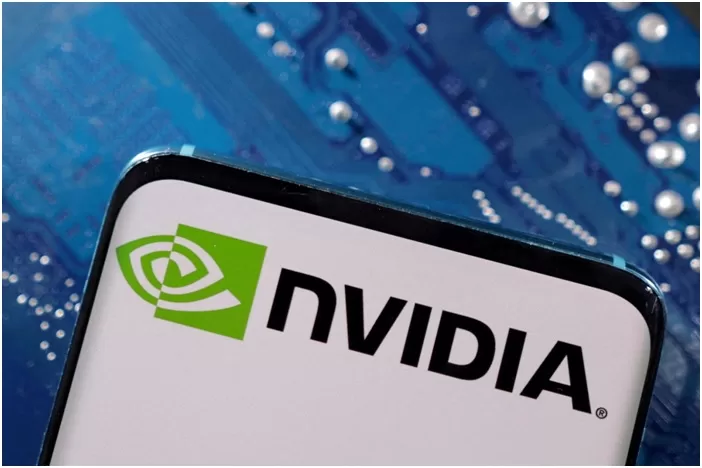Technology
Nvidia Set to Launch AI Chip for China, Targets Q2 2024 Mass Production

Highlights
- Nvidia plans mass production of its AI chip, H20, in Q2 2024, tailored for the Chinese market to comply with U.S. export rules.
- The H20 chip, initially set for a November launch, faced delays due to integration issues, with limited initial production focused on major customers.
- Chinese firms reportedly reluctant to adopt the downgraded H20 amid fears of potential tightening of U.S. restrictions.
- Baidu had shifted to ordering AI chips from Huawei in 2023, indicating a shift away from Nvidia.
- Nvidia is concurrently developing two other chips, L20 and L2, designed to meet the new restrictions, with sales yet to be announced.
- The chipmaker strategically adapts to U.S. export restrictions, introducing alternatives like A800 and H800 AI chips for the Chinese market.
- H20, L20, and L2 chips maintain Nvidia’s AI features but with scaled-back computing power to comply with the latest regulations.
- Nvidia’s adjustments reflect the evolving landscape of international trade and technology export controls.
In a move to adhere to U.S. export regulations, Nvidia, the U.S. chipmaker, is gearing up to initiate mass production of its artificial intelligence (AI) chip named H20 in the second quarter of 2024. The H20 chip is the most powerful among three chips specifically designed for the Chinese market in response to restrictions announced in October.
Originally slated for launch in November, the H20 chip faced delays attributed to integration issues with server manufacturers. Insiders familiar with the matter revealed that the initial production volume would be limited, with Nvidia focusing on fulfilling orders for major customers.
While the chip aims to meet compliance standards, reports suggest that Chinese companies are hesitant to adopt the downgraded H20. Some are exploring domestic alternatives amid concerns that the U.S. may tighten restrictions further. Notably, search engine leader Baidu had shifted to ordering AI chips from Huawei Technologies last year, signalling a move away from Nvidia.
In addition to the H20, Nvidia is working on two other chips, namely the L20 and L2, designed to align with the new restrictions. However, the chipmaker has not yet announced the sale of any of these three chips.
To navigate U.S. export restrictions and maintain its market share in China, Nvidia is strategically betting on these chips. The A800 and H800 AI chips were introduced as alternatives for Chinese customers in November 2022, a month after the initial U.S. restrictions on exports of advanced microchips and equipment to China.
While the H20, L20, and L2 retain most of Nvidia’s cutting-edge AI features, their computing power has been scaled back to comply with the latest regulations, according to an analysis by SemiAnalysis. Nvidia’s move to adapt its offerings reflects the dynamic landscape of international trade and technology export controls.























































